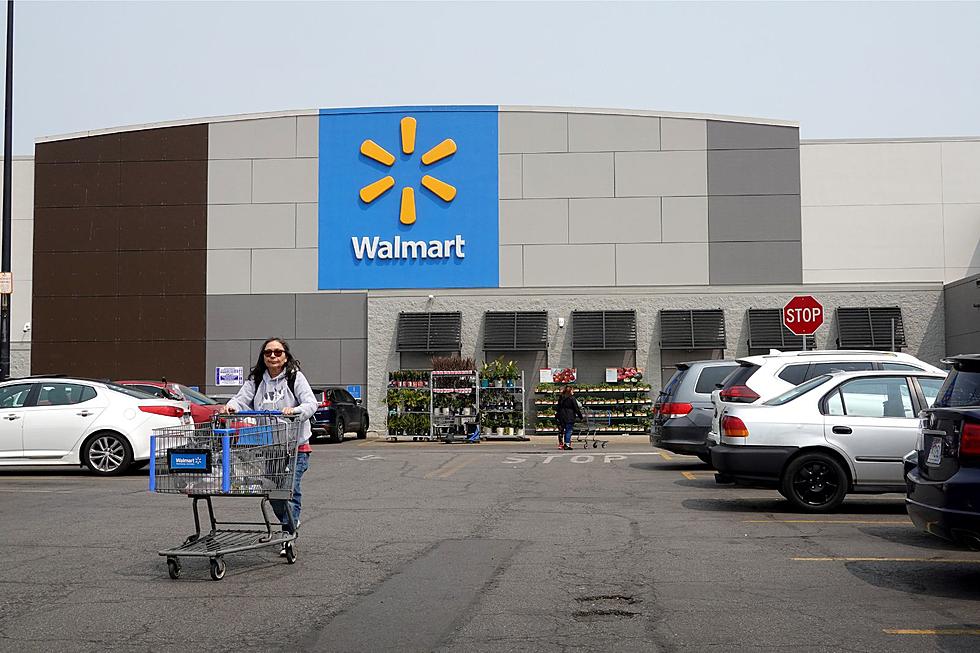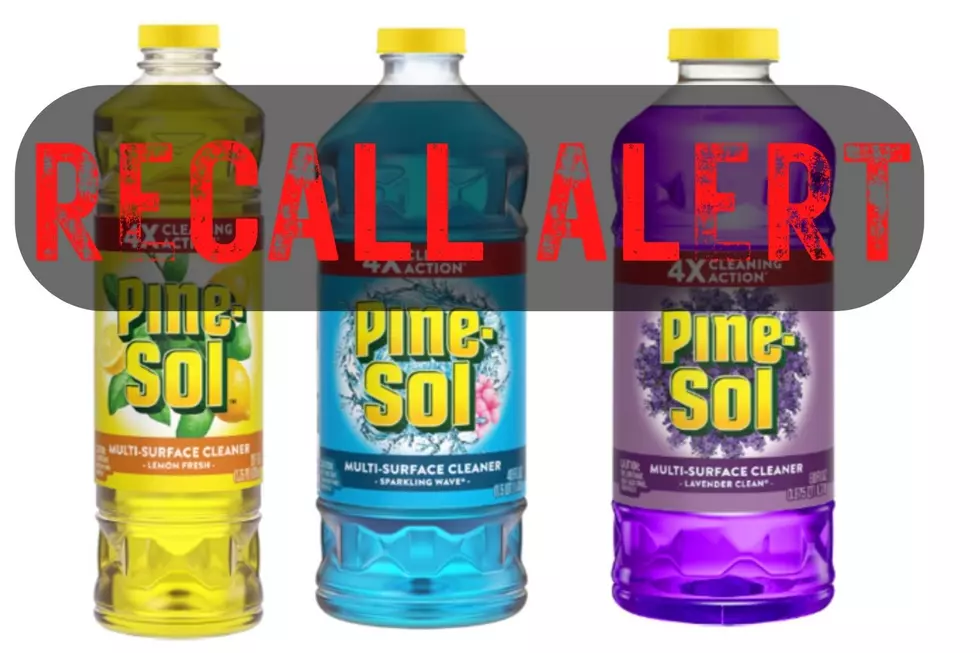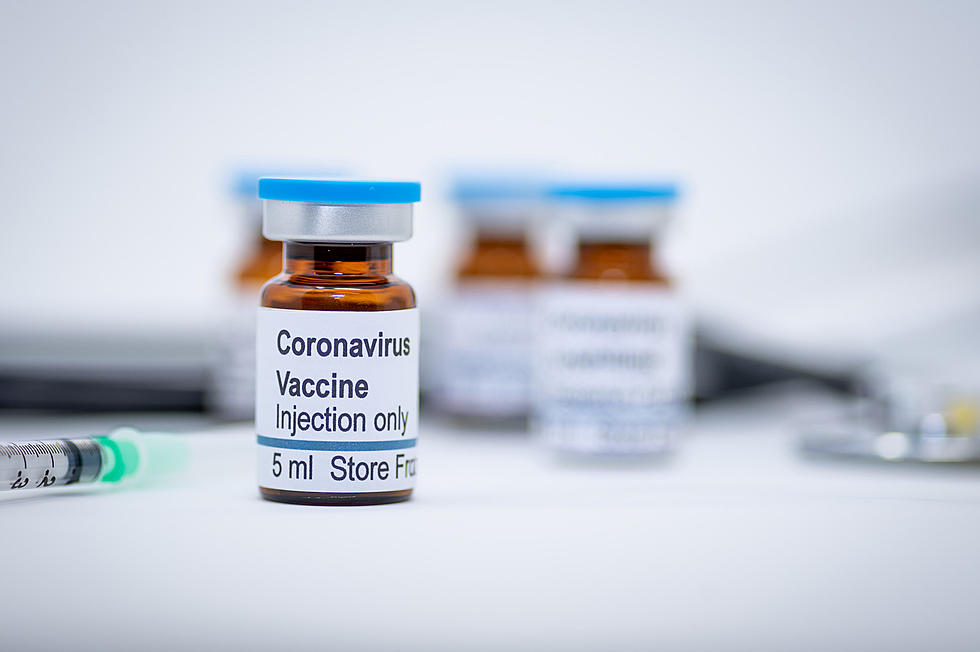
Federal Government Suing Walmart Over Alleged Role in Opioid Epidemic
The U.S. Department of Justice's Civil Division has filed a multi-billion dollar lawsuit against Walmart, claiming that the retailer knowingly filled invalid and suspicious prescriptions for painkillers and thus was a major contributor to the opioid crisis.
The complaint, filed Tuesday in the U.S. District Court for the District of Delaware, alleges that Walmart engaged in unlawful conduct that resulted in hundreds of thousands of violations of the Controlled Substances Act (CSA) both in the pharmacies it operates and its wholesale drug distribution centers.

The DOJ's suit comes after a years-long investigation by the Prescription Interdiction & Litigation (PIL) Task Force. Investigators allege that Walmart employees knowingly filled thousands of prescriptions for controlled substances that were not issued for legitimate medical purposes or in the usual course of medical practice, and that employees filled prescriptions outside of the ordinary course of the company's own pharmacy practices.
Furthermore, the DOJ alleges that Walmart received hundreds of thousands of suspicious orders at its distribution centers and failed to report them to the Drug Enforcement Administration.
If the DOJ proves its case in court, Walmart could have to pay up to $67,627 for each unlawful prescription filled and $15,691 for each suspicious order not reported. The court may also award injunctive relief to prevent Walmart from committing CSA violations in the future.
“Opioid addiction and abuse have devastated communities across our nation, and eastern North Carolina is no exception,” U.S. Attorney for the Eastern District of North Carolina Robert Higdon Jr. was quoted as having said in a DOJ a news release. “Walmart’s failures only made these problems worse. For example, our office prosecuted a physician for illegal opioid distribution. A jury convicted him just last year, and he is currently serving a twenty-year prison sentence. As it turns out, that physician expressly directed patients to Walmart to have their opioid prescriptions filled. Walmart’s own pharmacists reported concerns about the doctor up the corporate chain, but for years, Walmart did nothing—except continue to dispense thousands of opioid pills. My office will continue to work with others in the Department to ensure that Walmart — and all others who had a role to play in this ongoing opioid crisis — are held responsible.”
Walmart's distribution centers ceased distributing controlled substances in 2018.
The retail giant issued a brief statement Tuesday afternoon in response to the DOJ's suit:
The Justice Department’s investigation is tainted by historical ethics violations, and this lawsuit invents a legal theory that unlawfully forces pharmacists to come between patients and their doctors, and is riddled with factual inaccuracies and cherry-picked documents taken out of context. Blaming pharmacists for not second-guessing the very doctors DEA approved to prescribe opioids is a transparent attempt to shift blame from DEA’s well-documented failures in keeping bad doctors from prescribing opioids in the first place.
In contrast to DEA’s own failures, Walmart always empowered our pharmacists to refuse to fill problematic opioids prescriptions, and they refused to fill hundreds of thousands of such prescriptions. Walmart sent DEA tens of thousands of investigative leads, and we blocked thousands of questionable doctors from having their opioid prescriptions filled at our pharmacies.
By demanding pharmacists and pharmacies second-guess doctors, the Justice Department is putting pharmacists and pharmacies between a rock and a hard place with state health regulators who say they are already going too far in refusing to fill opioid prescriptions. Ultimately, patients are caught in the middle.
Walmart already sued the Department and DEA to stand up for our pharmacists, and we will keep defending our pharmacists as we fight this new lawsuit in court.
As you can see, Walmart isn't mincing words and isn't going to take this lying down.
What do you think? Should Walmart have done more to prevent prescription painkillers from getting into the wrong hands, or is the DOJ looking for a scapegoat? A little of Column A, a little of Column B, perhaps?
Let us know your thoughts in the comments section.
Here are 50 of your favorite retail chains that no longer exist.
More From KUSJ-FM









